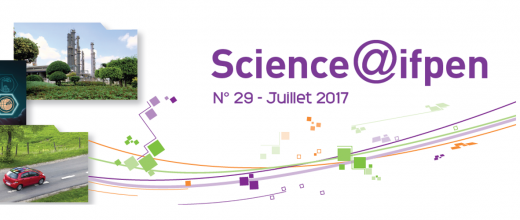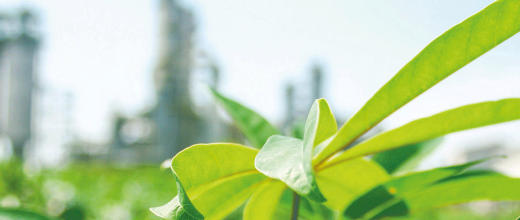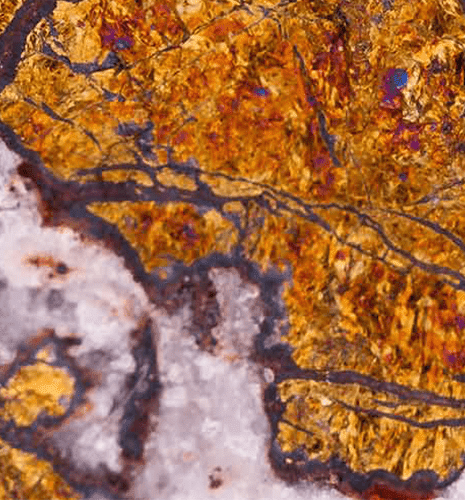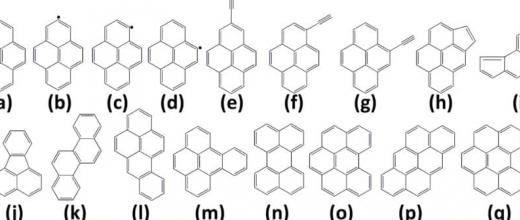
Innovation and Industry
CO2 capture, utilization and storage: Our strengths
CO 2 capture, utilization and storage Our strengths Long-standing expertise in the field of gas treatment with a focus now on CO 2 capture processes. A pioneer in the development of post-combustion capture technologies, notably steering the European CASTOR project. Unique experimental facilities for CLC oxycombustion capture technology: o cold

Innovation and Industry
CO2 capture, utilization and storage: Our networks
CO 2 capture, utilization and storage Our networks In the field of CCUS (CO 2 capture, use and storage), IFPEN is at the heart of a dense network of collaborations with industry and academia on a national, European and global level. IFPEN is also a member of the ZEP European

Innovation and Industry
CO2 capture, utilization and storage: Our solutions
IFPEN’s research activities focus on three areas: CO2 capture processes, large-scale CO2 storage technologies and the monitoring of storage sites, in order to guarantee their long-term safety and sustainability.

Innovation and Industry
CO2 capture, utilization and storage
CO 2 capture, utilization and storage OVERVIEW AND CHALLENGES An international context marked by: the Paris Agreements and the French Climate Plan, a target of limiting the overall increase in global temperature to below 2°C by 2100: a more than 40% reduction in global CO 2 emissions by 2040 is

News in brief
Stored heat
Energy storage, one of the major challenges within the context of the energy transition, can take a variety of forms. For heat storage, one of the solutions developed at IFPEN is based on a fixed

News in brief
Renovation of housing: how to support the energy transition of French households?
The national energy transition will largely depend on changes in household energy consumption. In 2015, the residential sector alone was responsible for 30% of final energy consumption and 25% of CO 2

News in brief
Consequential LCA and impacts assessment of legislation on the energy transition
Life Cycle Assessment (LCA) is an environmental impact assessment tool that is generally static, linear and limited to the description of physical flows when the aim is to assess the impacts

News in brief
Welcome to the club! Understanding and overcoming the obstacles to the adoption of CCS technologies
The widespread adoption of CO 2 capture and storage (CCS), a key factor in combating climate change, requires the joint adoption of these technologies by independent players: emitters, transporters









